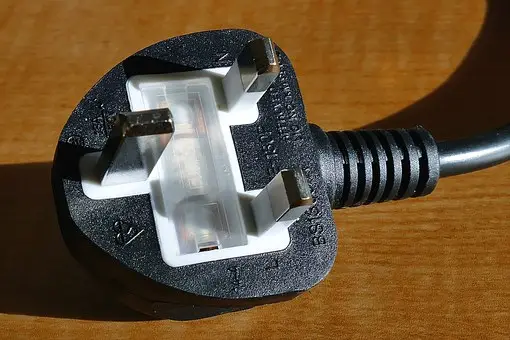Climate change and energy conservation have become common discussions in the past few years. Buzzwords like ‘energy saving’ and ‘global warming’ are covered everywhere including in political campaigns, news articles, and advertisements. If you are a homeowner trying to be part of the change, you can start by saving power at home. If more households put effort into energy conservation, we will soon have a reduction in damage to the ozone layer. They may save some money too. While most people understand that they need to make changes, they may be unsure of the right place to start. Here are a few smart tips.

-
Unplug Things
Do not leave your appliances plugged in when you aren’t using them. Even though appliances may not use electricity when turned off, they may continue drawing power if they are still plugged in. The same applies to some chargers. Your phone and laptop chargers may be using up power even when you aren’t charging your devices. Even though this may not seem like a major problem, it equates to about eight percent of your annual electricity.
-
Take Advantage of Solar Power
Did you know that energy provided by the sun for an hour is enough to meet the world’s energy needs for an entire year? It is a shame that solar energy is not utilized as much as it should be. Solar power systems allow you to make use of clean energy. They are good for both the environment and your pockets.
Solar panels can cut down your energy bills significantly. They combat the emission of greenhouse gases and lower the collective reliance on fossil fuels. You can customise solar power systems to suit the specific needs of your home. A professional will evaluate your home and its energy needs before recommending the right panels and equipment.
Solar power systems do not need much effort in maintenance. All you need to do is clean your panels a few times a year. If you can’t do it, consider hiring a professional. Most solar panel manufacturers will offer a warranty of at least 20 years. The panels have no moving parts so there is no risk of wear and tear. The cables and inverter don’t demand much attention.
-
Smart Thermostat
A smart thermostat can help you save power at home. These thermostats make it possible to heat your home efficiently. With a smart thermostat, you do not have to heat your entire home. You may only heat the rooms that you are using. These thermostats learn the right duration for heating your home. This means that you can always have an ideal temperature. Since you can control them with your smartphone, you never have to come to a cold home.
-
Draft-Proofing Your Home
Cold drafts will make your home lose more heat than it should. You may be tempted to keep turning the heat up. Consider using draft-proofing kits and draft-excluders to prevent your home from losing heat. Seal all the cracks in your skirting boards and floors, and unblock your chimney if you do not use it. Line your mailbox and use plastic lining for your windows. This move may help you save almost $50 every year.
-
Invest In Energy-Efficient Appliances
Even though the initial cost of energy-efficient appliances may be high, they are worth it in the long run. Unfortunately, appliances are the main cause of harmful greenhouse gases at home. They are the first place to start when you want to reduce your carbon footprint. Consider replacing your old appliances with newer ones that have a higher energy rating. Prioritize appliances that you use often like freezers, washing machines, driers, and electric cookers. They are the biggest power consumers at home.
-
Pay Attention to Your Water
According to the Energy Department, water is a major expense in most homes. When trying to save power, try cutting back on your usage of hot water. The water used in dishwashers, showers, and laundry can have a major impact on your general energy consumption. Take short showers and avoid doing your laundry with hot water.
Keeping the lights on comes at a cost. The same goes for air conditioning, running a fridge, and hot water heater. A typical home in the United States spends over $1,400 per year. Fortunately, you can cut down these costs by up to 25 percent by tweaking your usage. Putting effort into energy efficiency is great for your pockets and the environment as well. It minimizes greenhouse emissions and helps you save money.
